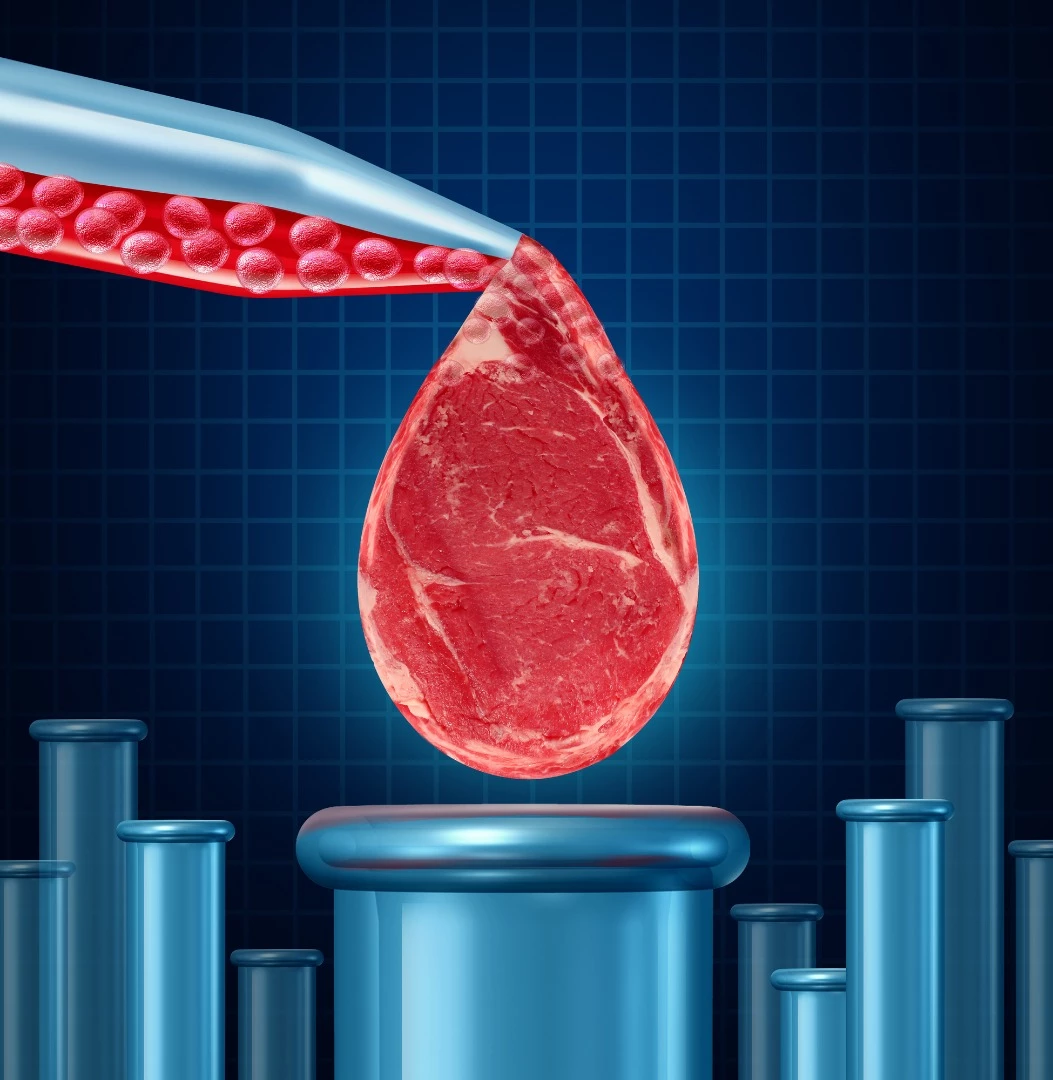Missouri has become the first US state to officially pass a bill defining what products can and can't be classified as "meat." The legislation prohibits plant-based products from using the term and also removes the possibility of lab-grown meat hitting the market shelves in the future with the "meat" moniker.
The bill, passed with bipartisan support, makes Missouri the first state to legally draw a line in the sand between plant-based or lab-grown meat and meat that is, "derived from harvested production livestock or poultry."
Earlier this year, the US Cattlemen's Association (USCA) began petitioning the United States Department of Agriculture (USDA) for a similar outcome. The USCA, obviously viewing the burgeoning development of lab-grown meat products as a market threat, wants the definition of "beef" and "meat" to be exclusively restricted to products born, raised and slaughtered in a traditional manner.
The Missouri legislation is the first in the country to clearly establish a procedure that could prosecute companies that use the term "meat" in an improper way. While it establishes that meat must be derived from livestock or poultry, it also closes any loophole that could consider lab-grown meat as "derived" from livestock by clearly establishing the livestock or poultry labeled "meat" must have died by slaughter.
The growing debate over what can be called meat is not isolated to the United States. Back in April, a regulation was passed in France prohibiting non-meat products from using meat or meat-referencing terminology. This regulation is initially directed at plant-based products designed to mimic meat, such as vegetarian or vegan sausages. At this stage, it's not clear whether this regulation broadly applies to lab-grown meat, but it certainly won't be the last debate the country will have on the topic.
Australia, home to a very large livestock market, is also beginning to have the debate with the chief executive of the Cattle Council of Australia recently saying, "Calling it meat is a lovely reach for them [cultured meat companies], but I think it should be called what it is, which is lab-grown protein."
Fighting back, the lab-grown sector recently launched a lobby group of its own called the Cellular Agriculture Society (CAS). The non-profit body has been established to advance the causes of cellular agriculture companies and work towards what it calls a, "post-animal bio economy."
CAS was founded by former Harvard researcher Kristopher Gasteratos and its board of advisors includes famous ethicist Peter Singer, geneticist George Church and food futurist Rosie Bosworth. The growing movement's preferred term for lab-grown meat is the more marketing-friendly "clean meat."
In response to the state's new legislation, the Missouri Cattlemen's Association (MCA) suggests it does not oppose plant-based or lab-grown products, but rather it wants to reduce any growing customer confusion over what is and isn't meat.
"We must ensure that those products do not mislead consumers into thinking those products are actually meat produced by farm and ranch families," says MCA's Executive Vice President Mike Deering. "The use of traditional nomenclature on alternative products is confusing to consumers and weakens the value of products derived from actual livestock production."
Source: Missouri Cattlemen's Association




